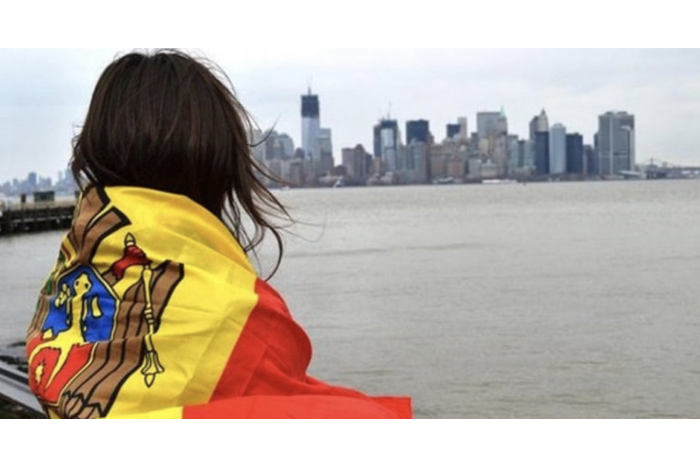Call for grants launched under DAR 1 + 3 program
11:28 | 31.01.2022 Category: Social
Chisinau, January 31 / MOLDPRES /- Diaspora Relations Office within the State Chancellery responded to the Grant Call under DAR 1 + 3 Program, approved by government decision. Applications can be submitted before 27 February 2022.
To benefit from non-reimbursable financial support under the DAR 1 + 3 Program, local public authorities of level I are invited to apply to the Program together with associations / members of the diaspora, indigenous associations, initiative groups of citizens residing abroad or back home, development partners / donors.
Applications will comply with the requirements set forth in the Program. It aims at boosting the development of rural and urban localities in Moldova by attracting human and financial capital from the diaspora; maintaining and reviving the connection between the departed citizens and the localities of origin by carrying out local development programs and projects, jointly with the diaspora; channeling remittances, beyond consumption, to the socio-economic development of rural areas in Moldova; increasing the participation and involvement of the diaspora in local socio-economic planning and development.
The program is open for application to local public authorities in Moldova, regardless of the number of inhabitants, who have the role of Lead Applicant and are responsible for the efficient and level implementation of the local development project.
The financing of the projects within the Program will be carried out on the basis of the 1 + 3 formula, with the following partners: Diaspora; Government of the Republic of Moldova; Local public authorities; Development partners / donors.
The areas eligible for funding for the activities of the Program are: infrastructure (water and sewerage, roads, schools, kindergartens, houses of culture); environmental protection (prevention of environmental pollution, waste management); economy (development of the region, investment, development of agriculture); energy efficiency (solar panels, street lighting, thermal insulation); culture (heritage protection, leisure areas, rural tourism development, exhibitions and festivals); education (children's programs, sports, innovation, knowledge transfer and know-how); social protection (medical centers, social centers, social canteens, others).

